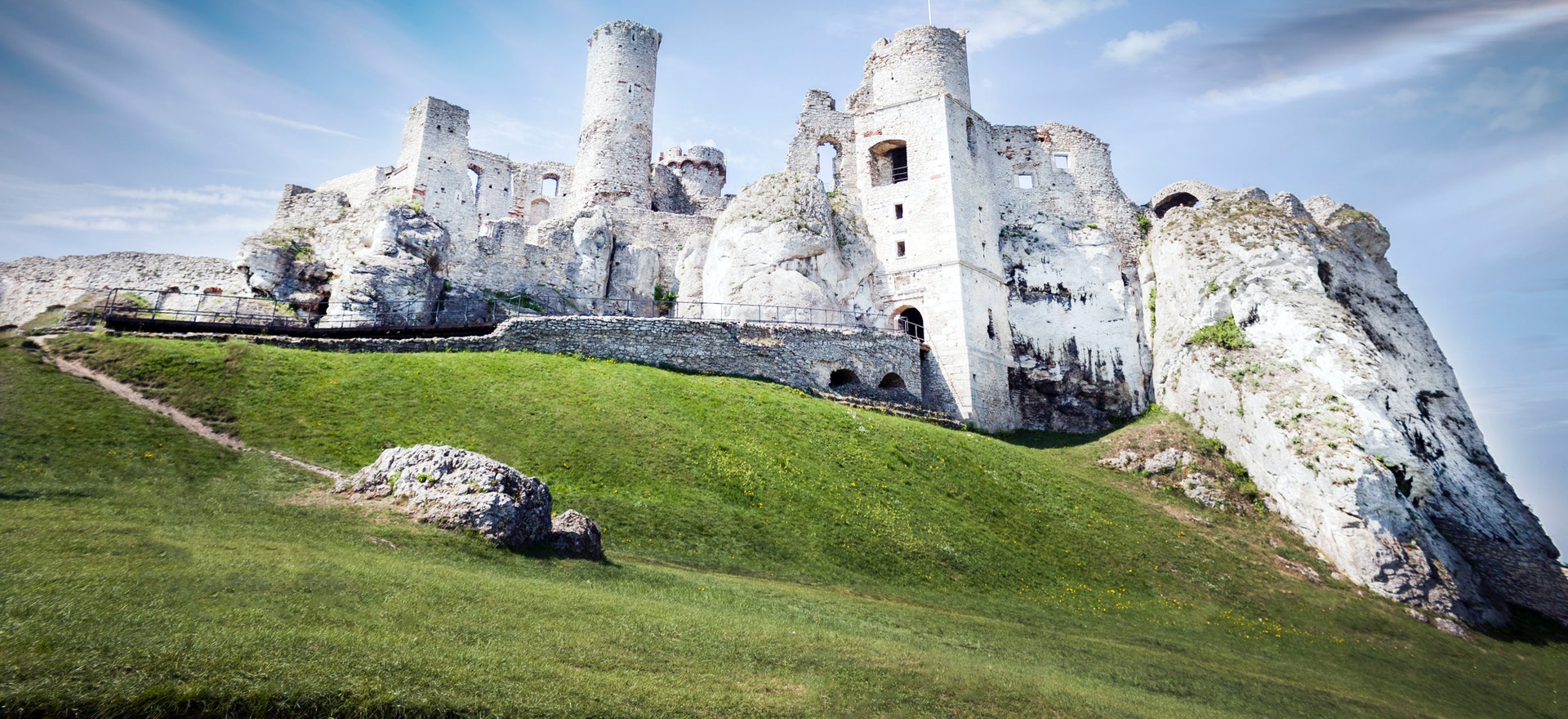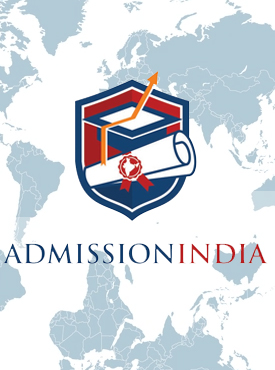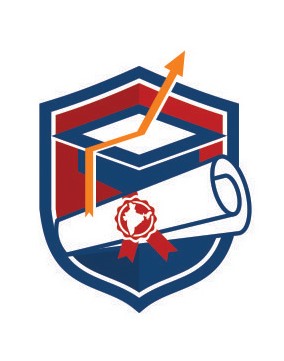About
- 28

Poland offers an outstanding education that prepares students for jobs in the world's most competitive labour markets. Students will get the opportunity to learn from professional and renowned intellectuals in their chosen subject. Poland is rich in history, and continuing further studies therein will be exciting. Poland is a cultural and geographical hybrid that joined the European Union in 2004 and Schengen in 2007.
Poland has approximately 400 public and private higher education institutions with distinct traditions recognised globally. The first university in Poland, the Jagiellonian University of Cracow (the second oldest institution in Central Europe), was founded in 1364. The challenging Polish education system ensures that the most outstanding professionals in their respective professions are created since it is well-recognised that the greater the specialisation, the stronger the market position. All of Poland's universities have cutting-edge laboratories.
Students have exclusive access to museums, art galleries, and performing theatres in cities such as Warsaw and Krakow. In addition, because the student network is broad, meeting students to go to art events is simple. Public transit is Poland's most convenient means of transportation because it is inexpensive and rapid.
Poland is placed 11th among nations and regions in terms of English proficiency, indicating above-average English competence. However, learning the local Polish language has benefits that will help students while in Poland. The Polish National Agency for Academic Exchange invites international students to attend Poland's free summer language and cultural courses.
International students can work while studying if they are enrolled at an institution. Non-EU citizens must have a current resident permit. Students can work 20 hours per week while enrolled in a course, and three months of full-time employment will be authorised during the vacations.
After graduation, students from European Union member nations can work in Poland without limitations. Working as a full-time graduate of a Polish higher education institution does not demand specific permissions at the workplace. Students can stay for another 2-3 years if they have documentation of financial support and are not receiving government subsidies. After they find or accept work, students can apply for a work visa.
About

In the 1800s, universities were tightly regulated and only accepted males. To evade authorities, courses were secretly taught and conducted in private residences. Meeting

The criteria for a student visa vary depending on your place of origin. However, a visa is required to enter Poland. Poland is a member of the Schengen zone; thus, with a

Accommodation selections differ based on city and type of higher education. Many institutes have their dorms, which are the most affordable choices. The majority of stude



Here for you all day everyday!